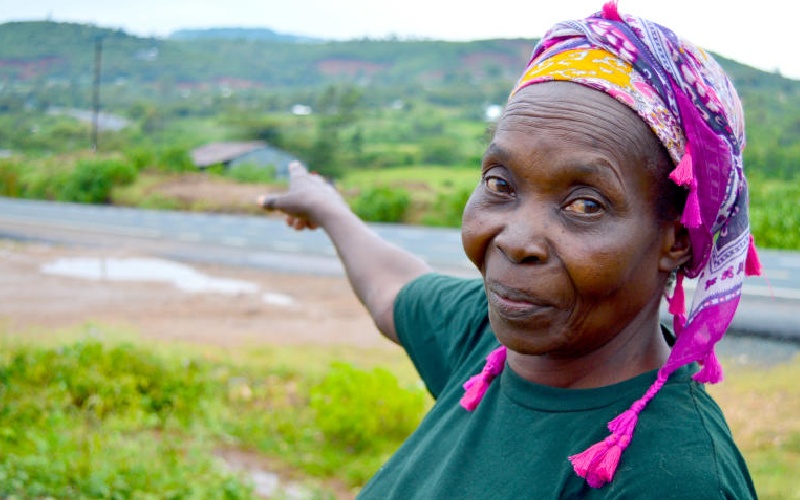×
The Standard e-Paper
Stay Informed, Even Offline

Dilapidated buildings are what remains of once vibrant market centres in areas where cotton farming thrived in Nyanza.
Only the older generation understands the history of the names like Store Pamba shopping centres in Nyakach and Seme. Most of the large pieces of land that were used to grow cotton are now either barren or with alternative crops.